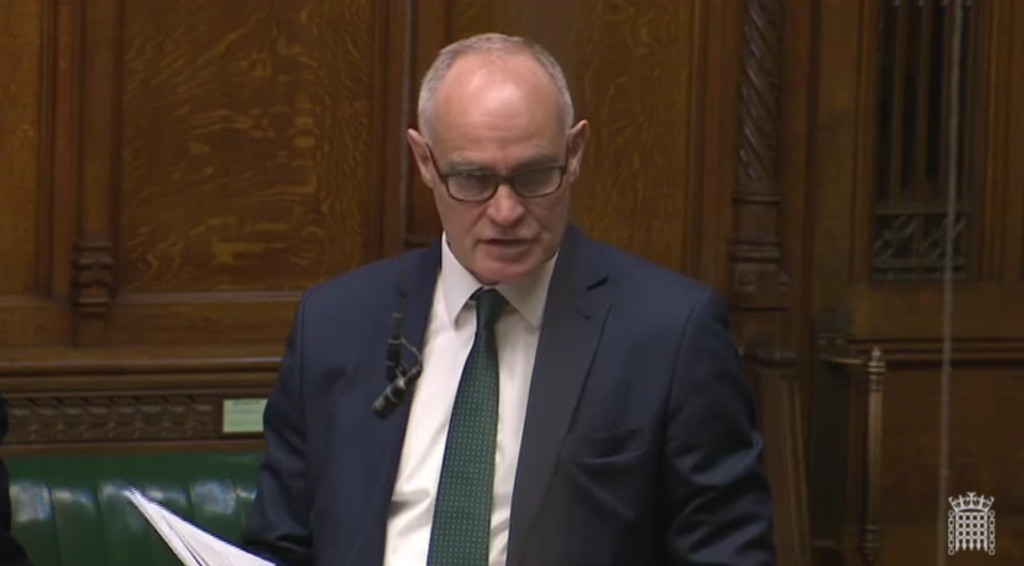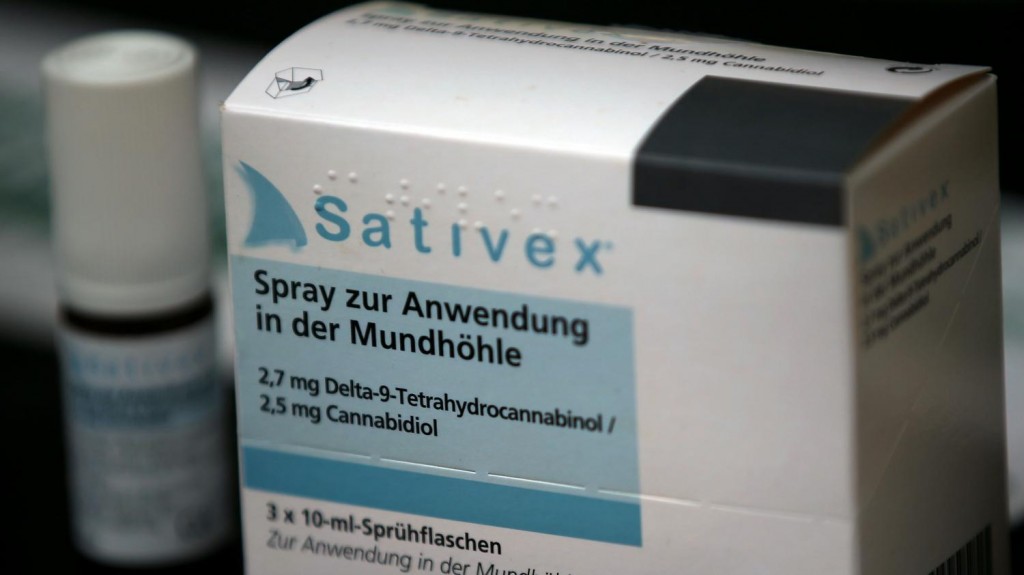I must make a confession.
There are certain pieces that I shy away from writing; there are topics within drug law reform that require such honesty that the easy option is to leave them on the shelf to collect dust.
I’m reminded of Crispin Blunt MP’s most recent speech in the Commons on the New Psychoactive Substance Bill. Blunt hit the headlines as ‘outing’ himself as a poppers user. He was directly impacted by the new law which will see his substance of choice outlawed. Crispin Blunt projected just how ludicrous a law can be and how utterly contemptible it is when one sees first-hand just what prohibition can do to the individual and their communities as a whole.
This is my Crispin Blunt moment.
As much as it’s no secret that I am a medicinal cannabis consumer, I do try to put personal issues on the back-burner in favour of a more, how can I say, discreet manner of conduct. I am one of a select band of people who has the rather unique accolade of being shown on national television consuming cannabis, but since then I have accrued a number of badges and titles which has meant that I need to be seen as ‘professional’. I choose to promote the voices of other sufferers with chronic conditions rather than using my own.
It’s through this muddy crossroads of personal investment and roles within drug law reform that I reached the conclusion to reject a ‘medical first’ style campaign to UK cannabis reform.
I also believe that the UK cannabis scene needs honesty. The cultural element to any campaign is inherent and the UK is no different. Those that invariably take up the frontlines of activism tend to be embedded within the culture. Objectivity can sometimes be lacking.
The UK is light on consumers that don’t fit the mould of what the press automatically presume a cannabis consumer to look like. This is by no means a criticism, but in a counter-culture that predominantly likes to indulge in a mixture of strains, dabbing and different kinds of rigs, it’s hard to get away from the fact that cannabis is not a medicine in the way that a conservative country would give credence to.
I’ve long argued that I do not like the term ‘medicine’, instead preferring to liken cannabis to a therapy. I believe far more participation is needed than popping a codeine pill. One needs to have more information and more guidance from those with the practical knowledge.
I’m going to use the word ‘holistic’; I choose to use this word, not in a jaded new age way, but more as a literal definition. Only those that have clocked up a few miles on the counter of long-term illness will understand how freedom and life is pulled away from the bones of the sufferer. Not being in control of ones destiny is a topic that would require a book; to be under the constant gaze of the medical profession demands an attrition that very few will ever know. With the usual suspects lined up against the wall of medicine: opiates, sleeping pills, anti-depressants, anti-inflammatories – the list is as endless as the organ damage that these drugs are capable of.
Cannabis can provide a safety net, a solace, a light at the end of each day’s arduous tunnel, and above all, autonomy.
Oddly, this is why I reject a medical first argument.
Arguing for medicalisation could, perversely, mean more restrictions – it’ll simply move the issue from the totalitarian model of drug policy over to an authoritarian one.
Medical Marijuana models around the globe have consistently seen a two tier system, one that distinguishes which medical conditions are permissible and which are must continue to be criminalised. Sativex in the UK has proven that postcode lotteries and a patient’s financial circumstances are the keys to the inaccessible lock.
We have to seriously ponder as to the expected outcomes of reforms: In a centre-right country with a staunchly conservative government, and a nation that’s been bombarded with an onslaught of drug harms, is it likely that we would attract anything other than a mere appeasement of an offering? The UK at best could hope for a Sativex or Bedrocan style system which would still be wholly reliant on a GP placing their professional reputation on the line when prescribing.
So the question arises… a system that paints the issue into a corner – one that’s inherently divisive to the equal treatment of serious patients – is the gamble worth it? When a campaign aims to fight for the freedoms, for whatever reason it may be, why base an argument on restrictions? Should rescheduling take place? With no doubts, yes, but a reschedule really isn’t a panacea and should only be a footnote to a wider and less naive campaign.
We also need to glance at the Home Secretary that is expected to relent and institute a medical cannabis system. Theresa May is not known for her altruism. During her residence in the Home Office she held out on foil distribution for those who inject drugs. The ACMD advocated that foil distribution would be a prudent harm reduction measure so as to avoid blood-borne viruses. May was slow to take the recommendation and finally stipulated that any such measure should only act as a pathway to treatment. This provides ample perspective that the nuances within drug policy are not exactly embraced by our current government. ‘Drugs’ will forever be looked at as a ragged banner over a rational, evidence-based debate.
I’ll refrain from a quasi-analysis of how some medical cannabis systems can delay fuller reforms, and that many medical marijuana systems now lobby against wider reform, but this does indeed present a concerning facet that needs consideration. Another example is that of medicalisation’s definition — it infers that any other use is abuse. This is a tightrope.
When medical consumers of cannabis rely on the weight and numbers of the full cultural spectrum to make a significant societal impact then having a separatist issue doesn’t aid many people, especially when we severely lack any qualitative data on consumers – and at this point it soon becomes apparent that any such ‘medical first’ campaign is based wholly on assumption. Only when accurate data is achieved can recommendations be brought about, not the other way around.
I sometimes take it for granted that I get to see rays of hope in UK drug policy reform. There is movement, and as much as it may not seem like it at times, there is momentum.
This forward motion has been built up over decades and could be brought to halt if we allow any Leeroy Jenkins style manoeuvre. As we saw when Durham de-prioritised personal possession of cannabis, another four constabularies joined in the chorus. Breaking prohibition will be an overnight issue, once it goes it will go quickly. Placing the focus on criminalisation is shrewd move. It’s hard to find anyone that can make a coherent argument to maintain the prosecution and persecution of a large section of society, especially medicinal consumers.
We could conceivably see full decriminalisation soon, and then the path to full regulation begins. Society is now prepared to grasp basic logic and this is where all voices can sing in unison without fear of inhibiting anyone else’s deeply personal song. Let’s hold our nerve a bit longer and call for the changes that suit everyone, a reform model that protects society whilst allowing for personal choice for all adults — as opposed to a gamble that only pays out for a very few. We’re closer than we may think.
Words by Jason Reed



